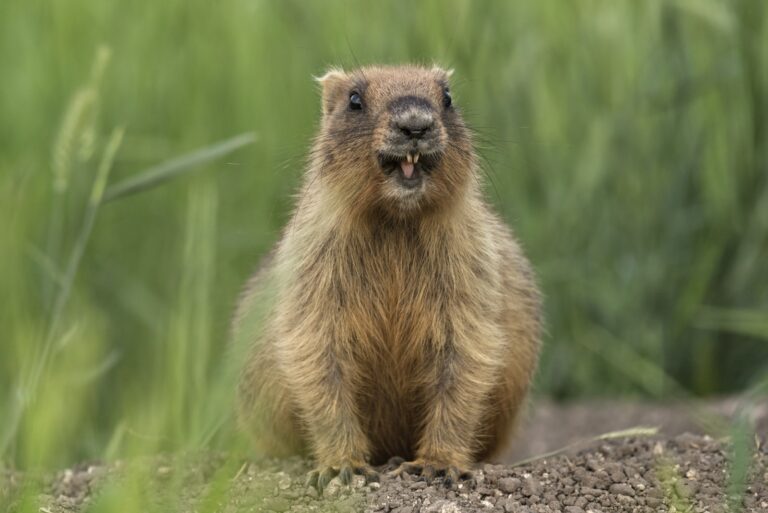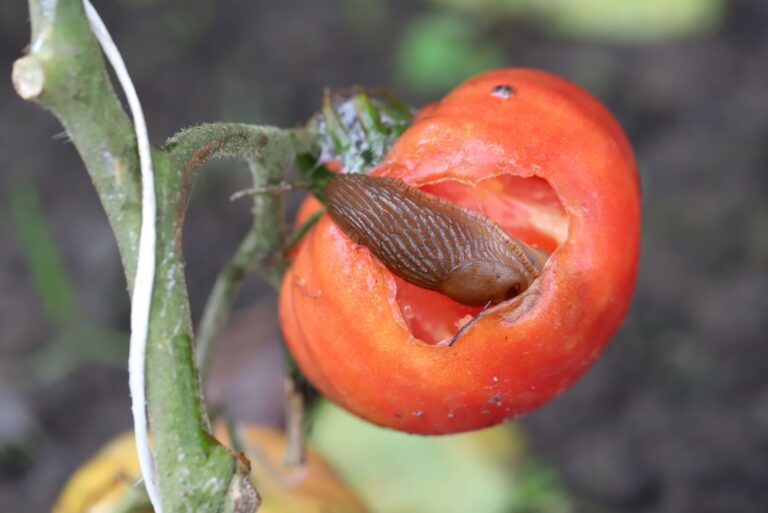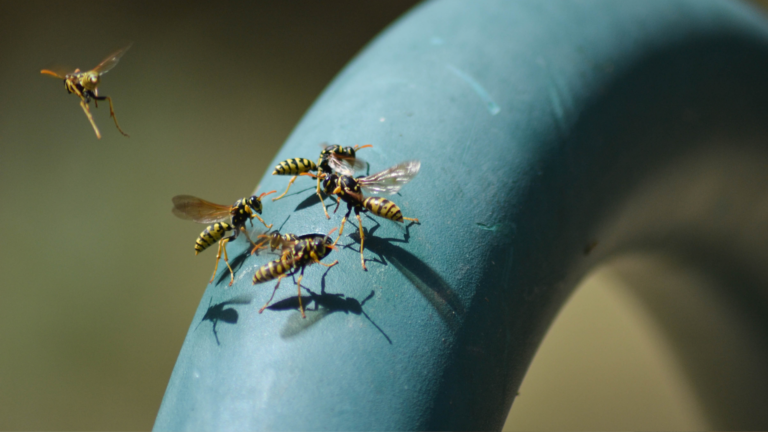9 Smart Steps Mississippi Homeowners Should Take Before Removing Raccoons From Their Yards
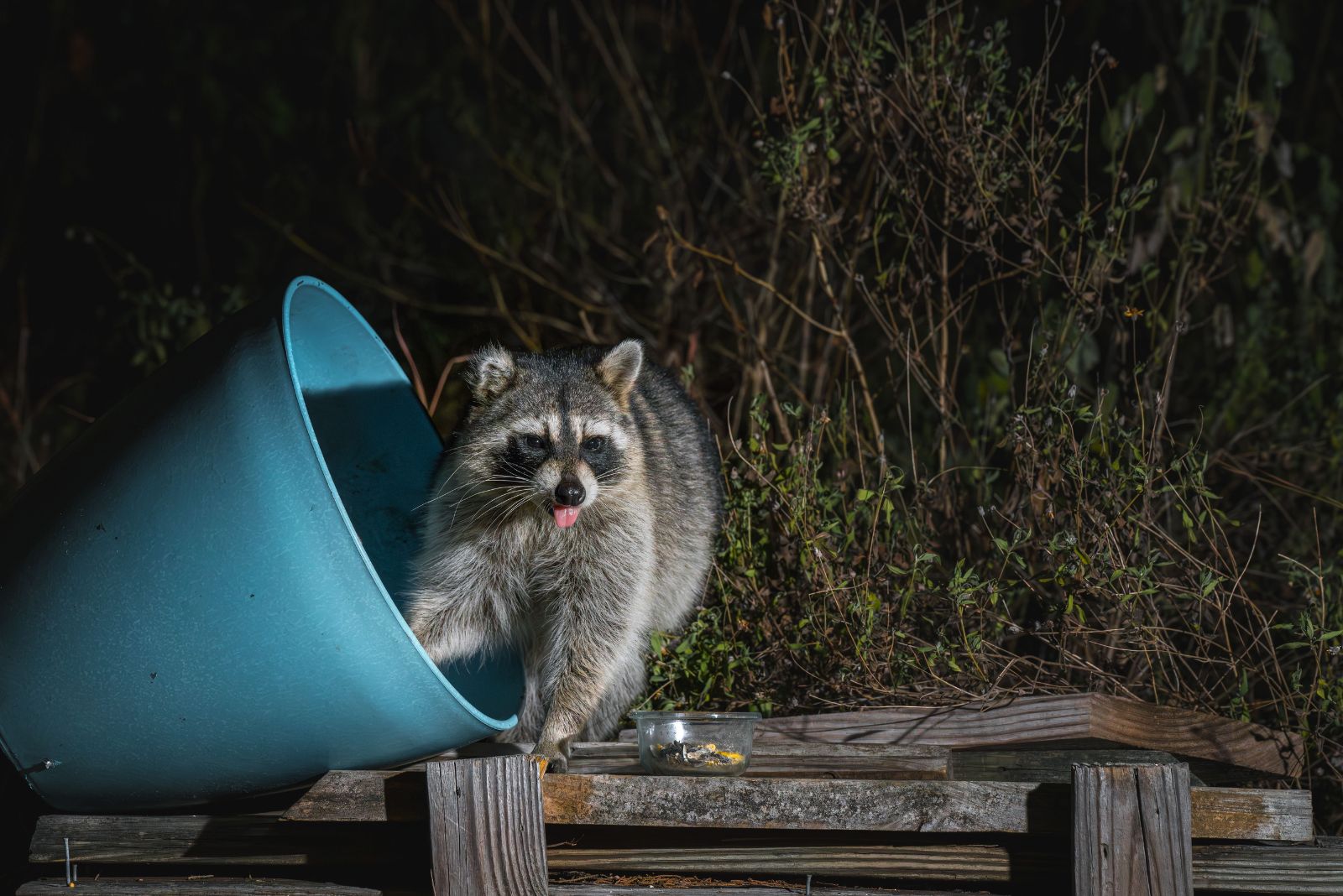
Raccoons may look cute at first glance, but when they turn your yard into their personal playground, trouble is close behind. Before rushing in to shoo them away, Mississippi homeowners can save time and headaches by taking a few smart steps.
A little preparation goes a long way, and knowing what to do before you act can keep you out of hot water. With the right approach, you can keep your property safe, avoid unwanted surprises, and send those masked bandits packing for good.
1. Check Local Wildlife Laws In Mississippi
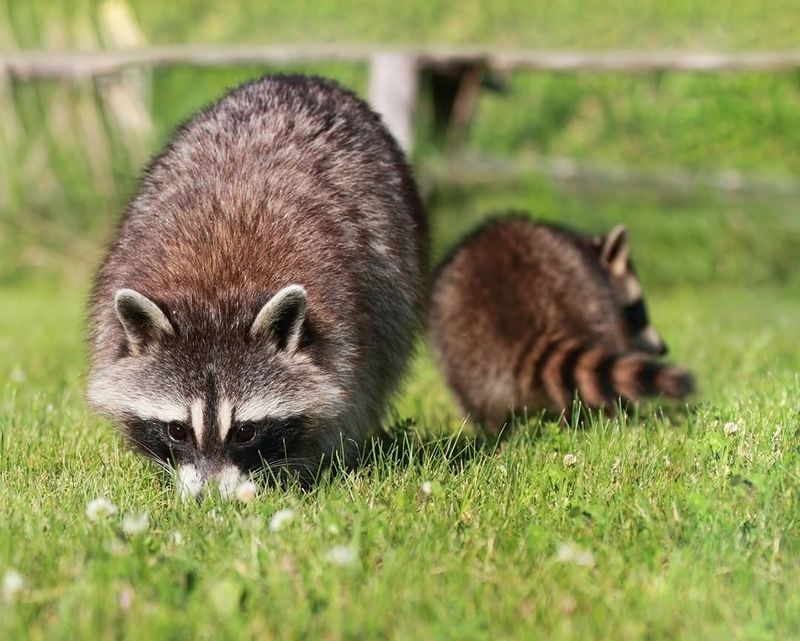
Mississippi has specific rules about handling wildlife, and breaking them could land you in legal trouble. Raccoons are considered furbearers in the state, which means there are seasons and permits required for trapping or removing them.
Contact your local Mississippi Department of Wildlife, Fisheries, and Parks office before taking action. They can tell you exactly what you’re allowed to do and whether you need special permission.
Some methods of removal are illegal, so knowing the law protects you from fines or other penalties.
2. Identify Why Raccoons Are Visiting
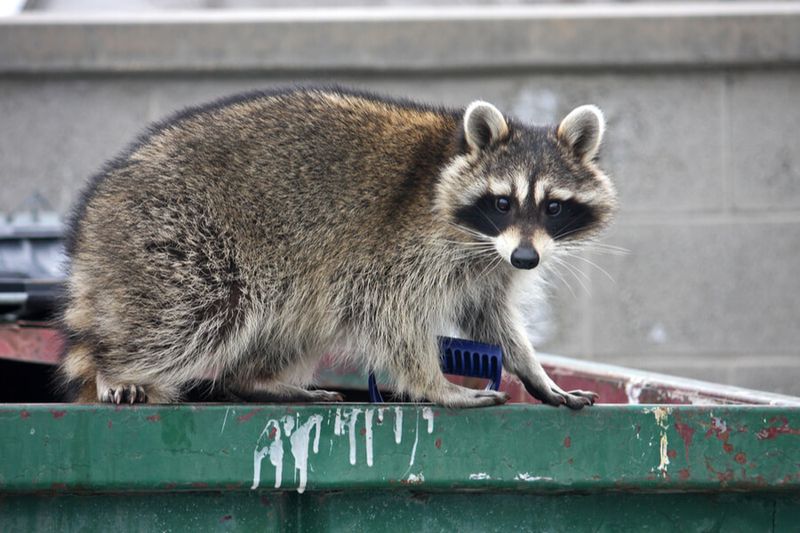
Raccoons don’t just show up randomly—they’re looking for something your yard provides. Food sources like pet bowls, bird feeders, unsecured garbage, or fallen fruit attract these masked bandits like magnets.
Walk around your property and make a list of anything that might be drawing them in. Water sources like ponds, fountains, or leaky hoses also appeal to thirsty raccoons.
Once you know what’s attracting them, you can start making your yard less inviting without even touching the animals.
3. Look For Signs Of Babies Or Nests
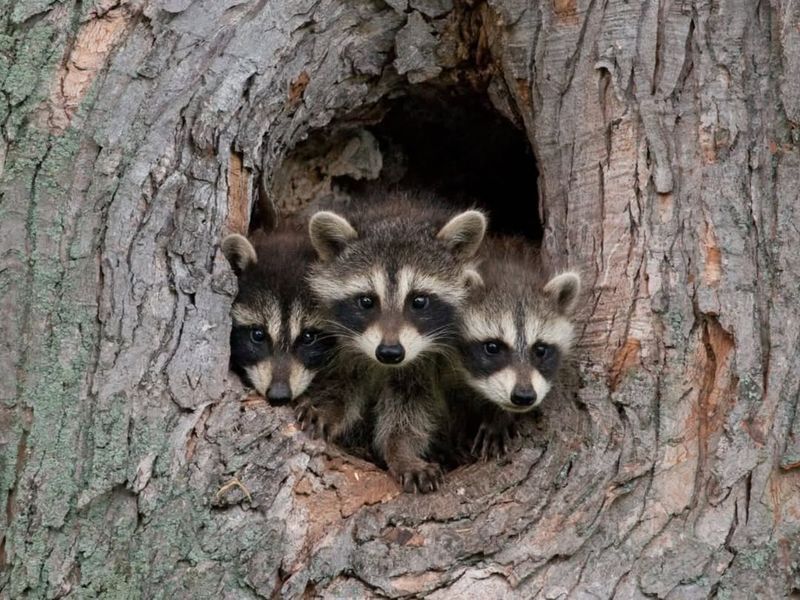
Removing a mother raccoon while her babies are hidden nearby creates a heartbreaking and messy situation. Baby raccoons can’t survive without their mother, and they’ll cry loudly, attract other pests, or die in your walls or attic.
Raccoon breeding season in Mississippi typically runs from January through June. During these months, be extra cautious and check for signs of nesting activity.
If you find babies, wait until they’re old enough to leave with their mother, or call a professional who knows how to handle the situation humanely.
4. Secure All Potential Entry Points

Raccoons are surprisingly strong and clever when it comes to getting into places they shouldn’t be. Their nimble paws can open latches, tear through weak screens, and pry apart loose boards with ease.
Inspect your home’s exterior, paying special attention to roof vents, chimneys, crawl spaces, and gaps under porches. Use heavy-duty materials like hardware cloth or metal flashing to block access points.
Remember, if a raccoon can fit its head through an opening, the rest of its body will follow.
5. Remove Food And Water Sources

Making your yard less appealing is often the easiest way to convince raccoons to move along. Bring pet food and water dishes inside every evening, and use garbage cans with locking lids or bungee cords.
Clean up fallen fruit from trees promptly, and consider taking down bird feeders temporarily. Even compost piles can attract hungry raccoons if they’re not properly secured.
Without easy meals available, raccoons will likely search for more convenient dining options elsewhere in the neighborhood.
6. Document The Raccoon Activity
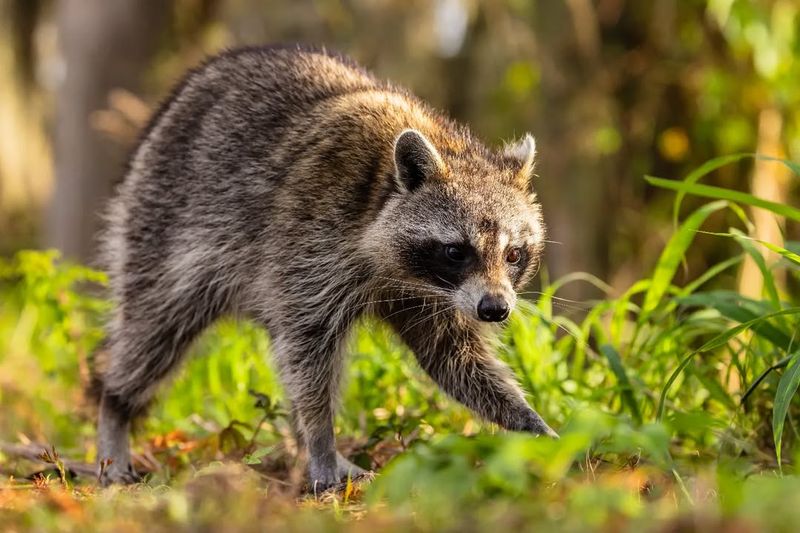
Keeping records might seem unnecessary, but it can prove valuable if you need to file insurance claims or work with wildlife professionals. Take clear photos of any damage, droppings, tracks, or the raccoons themselves if possible.
Write down when you see them, how many there are, and what they’re doing. This information helps experts determine the best removal strategy.
Documentation also protects you legally if neighbors complain or if Mississippi authorities question your removal methods later on.
7. Consider Health And Safety Risks
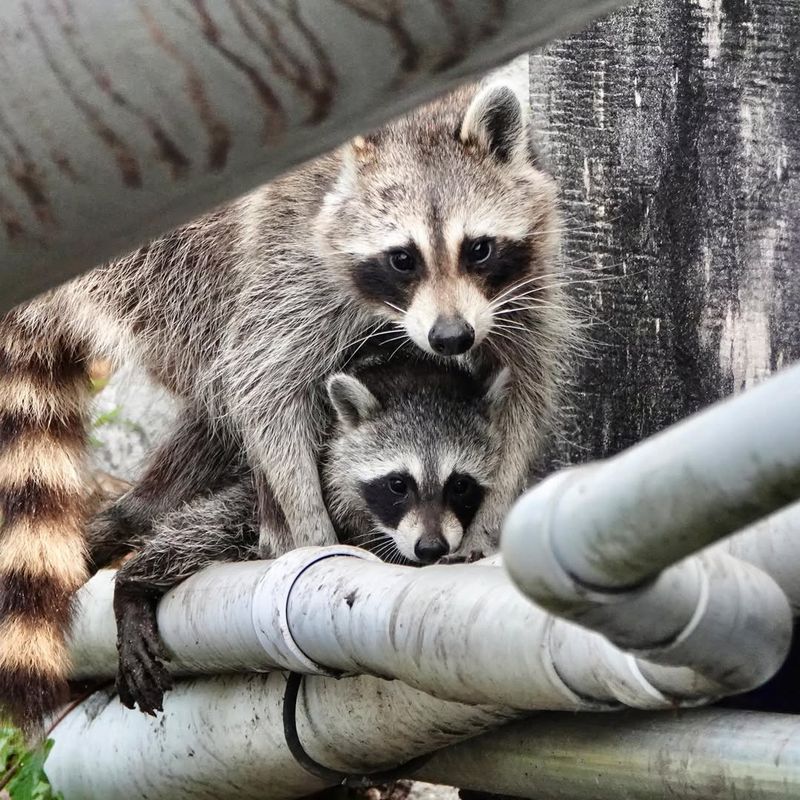
Raccoons can carry serious diseases that affect humans and pets, including rabies, roundworm, and leptospirosis. Their droppings are particularly dangerous because raccoon roundworm eggs can survive in soil for years.
Never approach or corner a raccoon, especially during daylight hours when they’re normally asleep. A sick or defensive raccoon may bite or scratch, exposing you to infection.
Wear heavy gloves if you must clean up after raccoons, and wash your hands thoroughly afterward with hot, soapy water.
8. Explore Humane Deterrent Methods First

Before resorting to trapping or removal, try gentler methods that encourage raccoons to leave on their own. Motion-activated sprinklers, lights, or noise makers can startle them away without causing harm.
Some homeowners have success with natural repellents like ammonia-soaked rags or predator urine around problem areas. Raccoons hate strong smells and will avoid areas that seem dangerous.
These methods work best when combined with removing food sources, creating an environment raccoons simply don’t want to inhabit anymore.
9. Contact A Licensed Wildlife Professional In Mississippi

Sometimes the smartest step is admitting you need expert help, especially with stubborn or dangerous raccoon situations. Licensed wildlife control operators have the training, equipment, and legal permits to handle raccoons safely and effectively.
They can assess your specific problem, use appropriate removal techniques, and even provide exclusion services to prevent future invasions. Many also offer cleanup services for contaminated areas.
While hiring professionals costs money upfront, it saves you from potential injuries, legal problems, and the frustration of ineffective DIY attempts.


